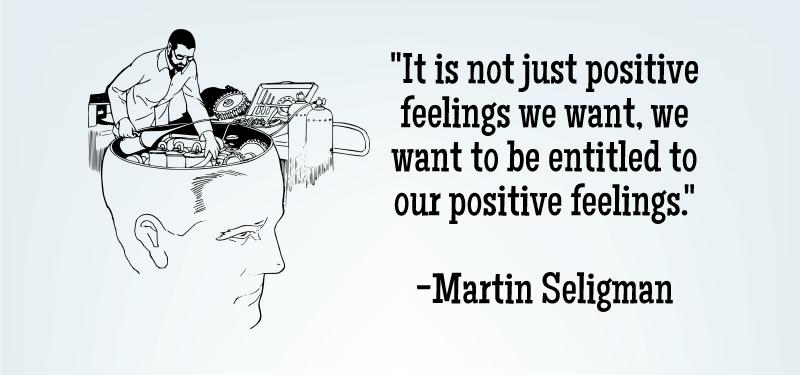It seems to me that the view that a happy life is just about pleasant experiences is a fantasy. I’m not saying that it is not desirable to have a life full of pleasant experiences, just that a happy life involves more than that.
In his famous thought experiment, Robert Nozick asked readers to imagine an experience machine that would give them any experience they desired. They would be able to select experiences from a large library and the machine would be pre-programmed to give them those experiences while they spent the rest of their lives floating in a tank (Anarchy, State and Utopia, 1971, pp 42-44).
Would you choose to spend the rest of your life hooked up to such a machine?
It might be reasonable to argue that people plugged into the experience machine would be happy – in the sense that their overall emotional condition would be positive. They might have peace of mind, confidence, inner freedom, and feelings of vitality, flow, joy and cheerfulness (to use terms in Dan Haybron’s definition of happiness, discussed on Freedom and Flourishing some time ago). I see some merit in that definition of happiness, but it isn’t the definition of happiness that I have in mind when I assert that it is a fantasy that a happy life is all about experiences.
What I have in mind when I refer to a ‘happy life’ is ‘human flourishing’.
I don’t have a huge problem with the idea that positive feelings are all about experiences. (Perhaps it might be better to talk in terms of perceptions of experiences - the meaning we attach to experiences must also come into the equation.) But I don’t see how anyone could argue that human flourishing is all about experiences. It seems obvious that a person who spent a life-time hooked up to an experience machine would not be flourishing.
What about motivation? Are those who define happiness as a positive emotional condition able to claim that happiness is the only motivator of human behaviour? One person who seems close to holding that position is the psychologist, Dan Gilbert. He certainly adopts the definition of happiness as a positive feeling and almost claims that it is the only motivator:
‘Everyone who has observed human behaviour for more than thirty continuous seconds seems to have noticed that people are strongly, perhaps even primarily, perhaps even single-mindedly, motivated to feel happy’ (‘Stumbling on Happiness’, 2006, p 36).
As an economist, I don’t have any difficulty in accepting that just about all human action is motivated by desires of some kind. But if people are strongly motivated by a desire to experience positive feelings, would they not view a life hooked up to the hypothetical experience machine - where positive feelings can be guaranteed - as desirable? Martin Seligman, the founder of positive psychology, says that most of the people to whom he has offered the hypothetical choice refuse it. His explanation:
‘It is not just positive feelings we want, we want to be entitled to our positive feelings’ (‘Authentic Happiness’, 2002, p 8).
The main power of the experience machine metaphor seems to come from the life-time commitment involved. The nature of humans is such that few of us would view a life-time of virtual reality as a meaningful life.
However, it seems to me that the thought experiment can also help to clarify some issues if we relax the condition of life-time connection. The practical question can be raised of how much time we might be prepared to spend hooked up to a virtual reality machine as a form of entertainment. As virtual experiences become less easy to distinguish from real experiences, people may be tempted to spend more time enjoying virtual reality at the expense of other forms of entertainment, or even work. While many of us would see an hour or two of virtual reality now and then as harmless escapism, we would probably want to draw a line somewhere to ensure that we live meaningful lives. The issues involved are similar to those many of us have had to deal with in learning how to switch off the TV.
My point is that when we make such choices we take into account factors other than the positive feelings generated by different experiences. It is natural for us to think also about the objectives we have for our lives – the kinds of persons we want to become - and the extent to which different experiences might contribute to those goals.
Some people could suggest that it doesn’t make much difference in practice whether or not people believe the fantasy that a happy life is all about pleasant experiences. I think it might matter a great deal. For example, people who believe that fantasy might give less thought to what they could do to make their own lives meaningful. They might also be more inclined to neglect to help their children to develop the skills in self-direction that they need to have happy lives.
~
Winton Bates has a background in economics. He lives in Australia and is the author of the book Free to Flourish, available at Amazon, and the Common Sense Ethics book of the month.










